Why OpenAI's Microsoft Must Be Shut Down Immediately
Lina Khan's FTC and the Biden DOJ should block Microsoft from investing in OpenAI pending a thorough security review.
We’ve already discussed the problems with the Microsoft-Activision merger and why I think it needs to be shut down on public health, countermob and counterintelligence grounds. Yes, we, good thinking people, are against mobsters financing video game companies and inflicting them on America’s youths. We’re against that sort of thing. I note with some attention that China has rightly called these youth-targeting products “spiritual opium” and acted accordingly. Why haven’t we? Cui bono? Xi (and Bibi) bono. Didn’t you know that Activision CEO Bobby Kotick dated Facebook COO Sheryl Sandberg? Do you even know what that really means?
I subscribe to a doctrine of absolute reciprocity when it comes to technology exchanges. If China bans a technology in China, China ought not be permitted to invest in that same technology in other countries or even to shape that technology’s pathway. China’s Tik Tok is wholesome and even educational. America’s Tik Tok? Not so much.
Having lived among the Asians in San Gabriel Valley I am not what you might call a Sinophobe. Au contraire. I admire our Eastern frenemies though I do not trust them as a rule. No, I am neither a Panda cuddler nor a dragon slayer. I believe that America and China can work together in the furtherance of mutual goals but I suspect we will not. Yes, we both have an interest in a stable world, in cracking down on general lawlessness, and in transitioning away from fossil fuels — at least in theory.
Unfortunately China supports a lot of gangs and cartels and dictators around the world so as to get resources on the cheap. We saw how that played out recently in Brazil. In our own country China has weaponized its organized crime world and deployed them against our institutions. The success of these operations can’t be understated. There are, among us, a great many Chinese-backed oligarchs and corporations, many of them funders of Open AI as even a cursory diligence check will reveal.
The Chinese may even have captured the Supreme Court through the very Chisraeli Federalist Society. They’ve certainly captured the man who was formerly the richest in the world. Musk has, however, outlived his usefulness and the DOJ and American security state is nipping at his heels while the market wants the model T of electric vehicles.
Musk may well be done but boy, what a ride it’s been, replete with international imbroglios and not a few genuine mob ties. Who says the world’s a staid place? If I had the sort of associations that Musk maintains and didn’t get in trouble I’d probably argue that the world was a simulation too.
But who shall replace Musk as the principal agent of China within the United States? I submit to you that person is Sam Altman, the CEO of Open AI.
Now I’m going to be more provocative — contrarian even? — and argue that Open AI has real problems and that it, too, should come under review from the U.S. and allied countries security services.


This is aside from my very real doubts as to whether or not Open AI represents a genuine innovation or whether it is, as I fear, an intellectual cul de sac designed to suck in Americans and others in projects that don’t quite make sense. If Activision is spiritual opium then Open AI is nerd sniping — a red herring designed to make you wander aimlessly on the Internet and crucially, to work on the wrong problem.
Just as the con man (and Likud asset) “Lex Fridman” provided a patina of academic respectability for Musk’s ill-fated (and downright illegal) driverless cars, so too does Altman’s Open AI capture the imagination of the impressionable nerds who waste endless time probing the limitation of Open AI’s models.
America’s a lonely country and seemingly the only solution is more chat bots to waste our time and ultimately to make us subscribe to their OnlyFans (or Substacks). This is a direct challenge to all other technological trends, especially those which do business with the government.
N.S. Lyons notes how our adversaries understand this feature of our society all too well.
“The real cell of society in the United States is the individual,” [Wang Huning] finds. This is so because the cell most foundational (per Aristotle) to society, “the family, has disintegrated.” Meanwhile, in the American system, “everything has a dual nature, and the glamour of high commodification abounds. Human flesh, sex, knowledge, politics, power, and law can all become the target of commodification.” This “commodification, in many ways, corrupts society and leads to a number of serious social problems.” In the end, “the American economic system has created human loneliness” as its foremost product, along with spectacular inequality. As a result, “nihilism has become the American way, which is a fatal shock to cultural development and the American spirit.”
Has American society created these conditions or our Chinese foes exacerbating this feature of American life? It’s hard to say. San Francisco, America’s most Chinese and (not coincidentally) our most childless city, is, after all, where Open AI is based. I can certainly understand why an aging yet still overpopulated China might want a machine to render redundant the slavish humdrum of everyday life. (A friend once joked to me about China that when you are one in a million there are 1300 people just like you!) I can even understand why China might want to render a bunch of Americans office workers useless so as to foment unrest. That is, if it really works.
But what I can’t understand is why that’s in the interest of America and why we, as Americans, aren’t allowed to poke around about the claims and to test them empirically. We certainly should be able to ask those questions especially after the much hyped failures of the Hyperloop, the Boring Company, Curative, Theranos, and Ubiome.
You are not supposed to ask how the Open AI blackbox works, just as you are not allowed to ask how the self-driving car AI works. You’re certainly not supposed to wonder if, perhaps, there are foreign actors feeding the “right” answers out. You’re supposed to believe it’s all magic. And maybe it is. But who is the one writing the spells? And do we really believe that there are wizards anymore?
Our tech leaders have become Ellmer Gantrys who all have believed their hustles. Gone is the desire to make things better — to turn back toward the deep state origins of many of the tech community. You’ll notice, for instance, that Microsoft has no qualms about pouring money into Open AI but that it has real issues with facial recognition. Why is that? Could it be because the Chinese facial recognition companies are so far ahead of America’s that Microsoft knows well it can’t compete?
Might Open AI, like Scale AI (also backed by Silicon Valley and started by two Chinese), be designed to lure people away from these problems? This Open AI intellectual cul de sac coincides with a veritable explosion in the need for machine learning and artificial intelligence, especially when it comes to satellite imagery.
By way of disclosure, I am friendly with Sam Altman and I regard him as a friend. I believe we may also be coinvestors in at least one company together. I like Sam and I hope he feels the same. He’s welcomed me into his home on several occasions and I’ve met some of the Open AI team through him in its early days. We ate pizza and descended into autistic conversation. I believe Open AI backer Peter Thiel was also there. The last conversation he and I had had was about investing in genetics and he prattled on about how he was worried about the light of consciousness going out in the world. Candidly I thought he had gone round the bend. Hey it happens, OK.
I say all that, by way of saying that I think there are real problems that can be attacked through AI but I’m not confident that Open AI is working on the right problems.
Now Charles, you might ask, didn’t you cofound Clearview.AI? Isn’t that an AI start up? Clearview’s problems are that it has a terrible management more interested in garnering attention for itself than in solving real problems. The reason facial recognition is so dangerous is because it works. If you’re a criminal (or a spy or a criminal spy or spy criminal) you fear any measure of detection.
Let me explain why I think that Clearview.AI doesn't fit the paradigm that bedevils both Tesla’s self-driving cars and Open AI. For all Clearview’s faults it isn’t trying to concern itself with novel problems; it’s calling upon biological systems which have long existed. It's easier to mimic evolution and its physical limitations — you’ll search in vain of anyone with a three-foot-long nose for instance — than it is to challenge new problems.

Clearview.AI indexes all the publicly available photos on the Internet and makes them available to law enforcement and defense counsel. (I oppose this policy of making it available merely to law enforcement and defense counsel and I would extend it to members of the responsible public, but I digress.)
In other words Clearview takes what people have voluntarily placed in the public domain and uses those photos to keep the larger public safe. It’s not cannibalistic. It’s trying to get at real identity in the real world using the discarded selfies of the online world. It’s promoting greater transparency.
Open AI, by contrast, is hoovering up all the work products of artists, musicians, and the like and repurposing them. Open AI is making it less clear who is and who isn’t human.
I draw a distinction between AI startups that harvest data in the public good and those which harvest it in an exploitative manner. The confusion about Open AI — which began life as a nonprofit — belies this problem.
We should interrogate why Open AI started as a nonprofit. Was it to fund an op? We’ve seen the willingness of Elon Musk to fund Russian poker players connected to the Chinese mob to the tune of $5.7 billion. The terms of the deal, I think, are quite weird. Microsoft has long given up whatever ethos it once had. Microsoft was about windows and works. It was industriousness that made them money.
The only games really worth playing are wicked games. Surprise makes life interesting. Kind games are somewhat boring and probably not as much there.
A lot of the boosterism of Open AI is a form of marketing. It’s a way of signaling that you’re in the “in crowd” in Silicon Valley. I don’t regard this as a positive development but every cult has its lingo and every corporation its corporatespeak and every oppressor its argot the more unintelligible the better.
While other friends have counseled me to tread carefully on Open AI I think the truth is well worth exposing or at least posing.
It may well prove that Open AI is being turned but that hasn’t happen as of yet. Is Altman being set up as the next Chinese Silicon Valley op?
My friend Sinews of War seems to note a great many problems with the narrative around Altman and OpenAI which I reproduced below.



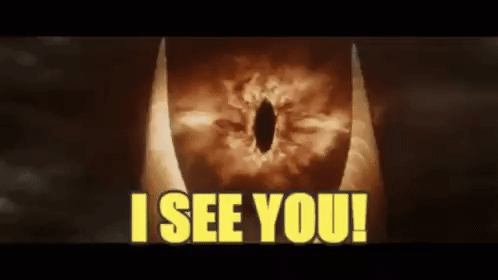






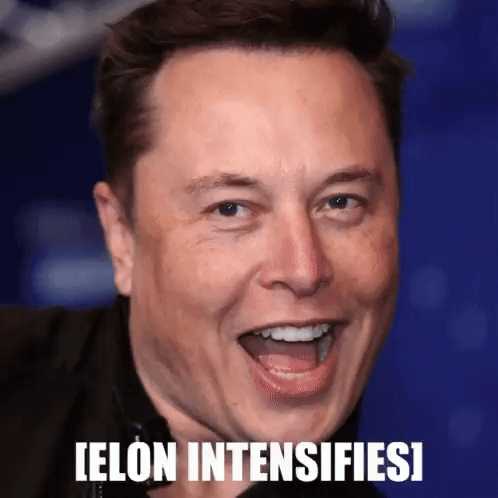







































Sinews of War also has some great research on Binance’s Chinese intelligence community, research we will turn to in our discussion of what’s really going on with Sam Bankman-Fried and his beef with Sullivan and Cromwell.

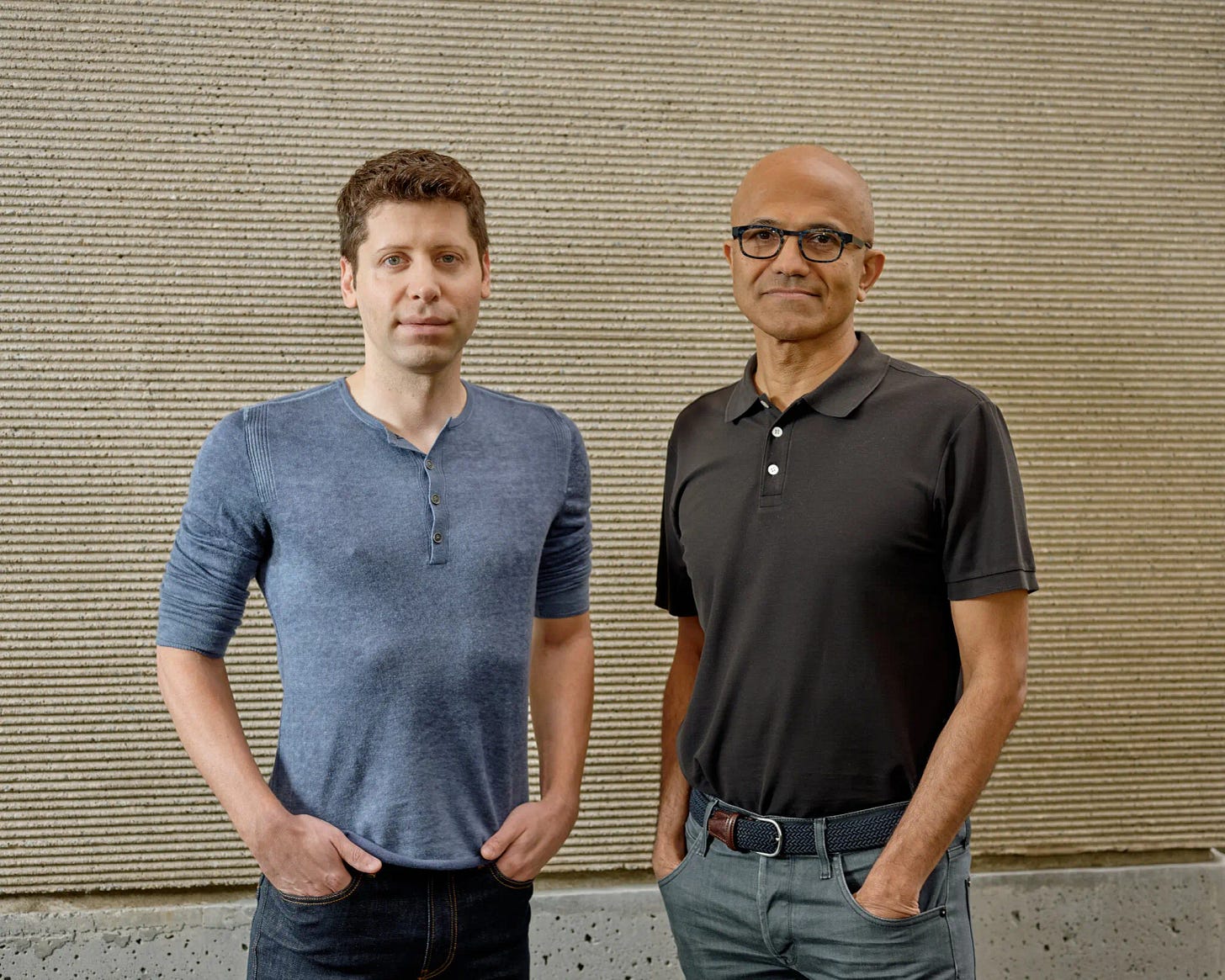












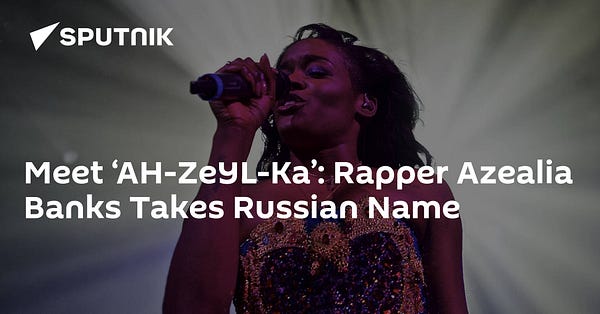








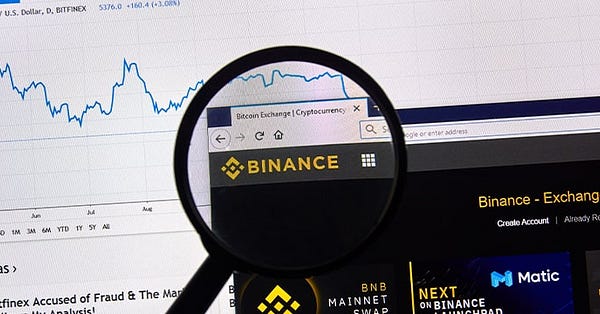
An interesting thing about AI. Today the British Chancellor Jeremy Hunt, married to a Chinese women from Xian, gave a major speech on the economy to Bloomberg in London. Apparently, the introduction was written by AI... what message does that send and by / from whom?
Wow, Altman was just fired!